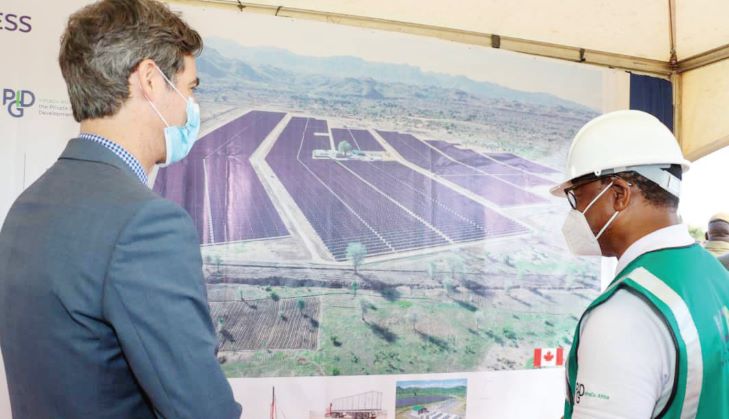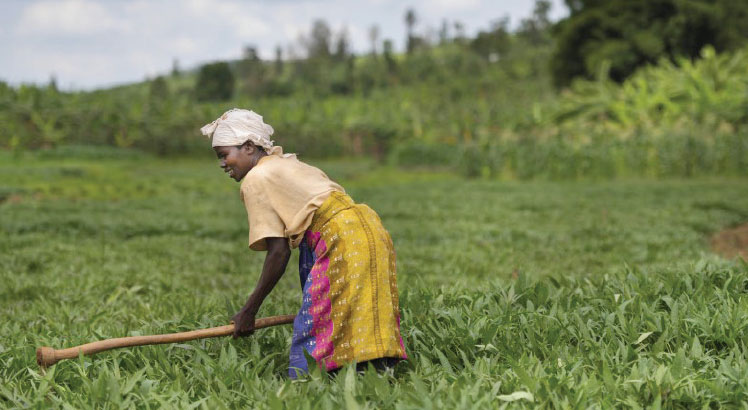IPPS to miss 2024 deadline
All Independent Power Producers (IPPs) with planned operational date of 2023/24 will miss the deadline as authorities say apart from the four that commissioned two years ago, the rest now target 2025 onwards.
Director of electricity in the Ministry of Energy Million Mafuta disclosed this on Tuesday when responding to our inquiry on progress of 11 IPPs that were projected to add 343.26 megawatts (MW) to the national grid by 2023/24.

According to Mafuta, apart from the 11, other companies are also interested to produce electricity in the country, adding the number to over 20 since government unbundled Electricity Supply Corporation of Malawi (Escom) in 2016.
Mafuta said: “So far, government has seen the successful implementation of four IPPs through these reforms—80MW JCM Power (Salima and Golomoti), 21MW Serengeti Plant in Nkhotakota, 8.2MW Mulanje Hydro in Mulanje and 3.06MW Mulanje Cedar.
“There are, however, over 20 companies interested in producing power in Malawi.
“These projects are of different technologies such as wind power, solar power, hydropower, gas power, and thermal power (biomass and coal).
“All these projects have different expected dates from 2025 onwards dependent on ease of development and readiness of financing from their lenders.”
Apart from the four that were commissioned two years ago, the other IPPs with a planned operational date of 2023/24 include HEP’s 41MW Mbongozi Hydro Power, Phanes Group’s Nkhotakota Solar Project (21MW), Droege Energy Limited’s Mzimba Wind Farm (50MW) and Atlas Energy’s Kanengo Solar (20MW).
While understanding the complexity of some projects, as some require going through development stages from feasibility studies, and negotiations of contracts with the government until they reach financial closure, Mafuta expressed frustration with delays experienced with other IPPs.
“Various projects are at different stages with 11 IPPs in contract negotiations with the government (Escom and Ministry of Energy).
“There are other IPPs whose projects are under feasibility study and these include both international and local companies like Press Corporation, Illovo and Raiply.
“Government will keep on evaluating the reasons behind those that are behind schedule for proper action. Such actions could be the termination of non-performing IPPs and others could entail facilitating processes for completion based on case by case as per the contracts signed,” he said.
In a separate interview, energy expert Grain Malunga said the delays in implementation of IPPs is attributable to institutional capacity challenges as it takes time for relevant agencies to properly coordinate with the IPPs, especially now that there is no Power Market Limited (PML).
Malunga said: “It is not impressive at all. Out of 20 IPPs only four have commissioned their projects. One of the reasons can be that the dissolution of Power Market Limited put the process of IPP negotiation in disarray.
“Escom started reviewing the applications and the IPP also lost confidence with this institutional restructuring.
“Escom is never known for efficient conclusion of business. Its bureaucracy is like that of government. It’s time it acted as a private sector entity.”
Earlier, former Escom chief executive officer Kandi Padambo observed that some IPPs are not forthcoming to invest because many prospective investors have complained that electricity tariffs in Malawi are not cost-reflective and too low to recover long-run marginal costs of an investment cycle.
He said: “Our tariffs, which some from outside Malawi view as very low, are seen as very high by the average Malawian.
“This is the paradox we face in attracting investors to invest in our generation sector.”
Government through the reforms in the energy sector unbundled Escom in 2016 and allowed for the participation of IPPs to generate electricity and sell to Escom by signing contracts with the government in the form of Power Purchase Agreements and Implementation Agreements.
Currently, Malawi has a total installed capacity of 554.24MW of which 101MW is from solar sources, according to Escom.





